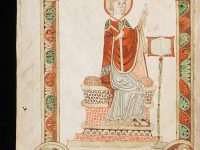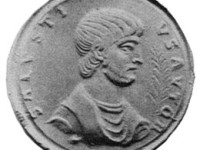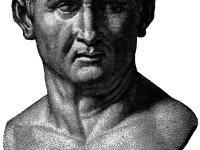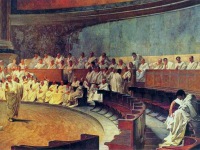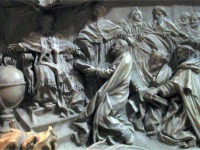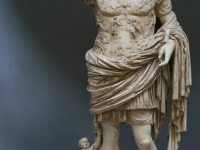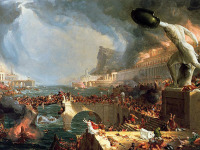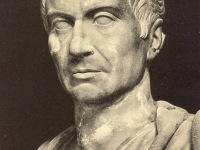Bede the Venerable – Father of English History
On May 26, 735 CE, Anglo-Saxon Benedictine, theologian and historian Bede, also known as Saint Bede, The Venerable Bede, and Bede the Venerable, passed away. He is famous as a scholar and author of numerous works, of which the best known is the Historia ecclesiastica gentis Anglorum (Ecclesiastical History of the English People), which gained him the title “The Father of English History”. Bede the Venerable – Early Life “It is reported…
Read more

